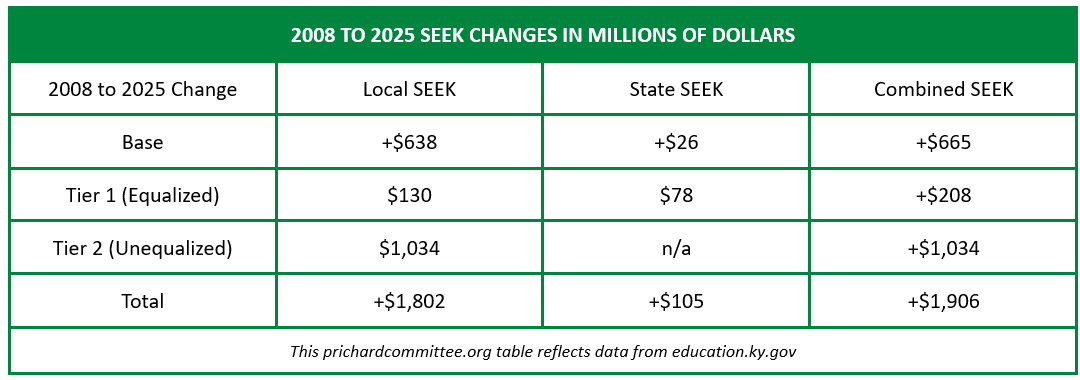Es un placer para mi compartir lo mucho que hemos aprendido junto a padres y maestros en nuestra comunidad Hispana.
Mi nombre es Ana Reid, de origen hondureño, casada, también soy mama de 3 niñas y 1 niño
Participe de muchos programas en las escuelas de mis hijos. Comprendí la importancia de trabajar en equipo. Cabe resaltar que también soy madre de un hijo con autismo. lo que en su momento fue duro para aceptarlo. Pero agradezco a Dios y al sistema que atreves de estos programas nos ayudan a luchar en pro de lo mejor para nuestros niños. me comprometí cada vez más y aproveché cada oportunidad que llegaba a mí. aunque a veces con temores, pero seguí firme y enfocada en ayudar a mi familia y servir a mi comunidad.
Aquí ¡Nacen las oportunidades para mí de ser un facilitador del programa Family Service Learning, y dije hagámoslo!
comenzamos con 12 familias, tomamos una lluvia de ideas para realizar un proyecto en nuestra comunidad de habla hispana, y ahí es donde nace la idea de un día de Campamento al que nombramos “CAMPAMENTO CELEBRANDO FAMILIAS HISPANAS” 2022.
¿Por qué este proyecto era una oportunidad importante para nuestra comunidad hispana?
La idea de todos estos programas tiene un solo fin. Buscar lo mejor para que todas las familias y niños tengan el mejor desempeño posible. ¡Partiendo de esto!
Lo normal en la cultura americana es que los padres conocen sobre los campamentos de verano por que verano significa el fin del curso escolar y el inicio de dos meses por delante, donde el ocio y el tiempo libre son los protagonistas para los pequeños de la casa. Ante tantas horas para pasarlo bien y sin obligaciones, muchos padres optan por apuntar a sus hijos a una escuela o campamento de verano, por los múltiples beneficios que ello aporta al niño tanto a nivel físico como emocional.

La cultura hispana desconocía formalmente la experiencia de lo que significa un campamento de verano y sus beneficios. Y tomaban opciones como:
- muchas familias envíen a sus hijos para que visiten a sus tíos, abuelos y primos en los países de origen.
- si no hay presupuesto para este viaje, pasan horas día y noche frente a un video juego.
- También debo reconocer que los padres hispanos son muy celosos y desconfiados por esta razón les asusta enviar a sus hijos con desconocidos.
- Para la mayoría de las familias que emigran a Estados Unidos es para trabajar y llevar lo mejor a casa y ayudar a los quedaron en su país. Por esta razón son muy contadas las familias que disponen de un presupuesto para ir de vacaciones aun que sea 1 vez al año. Entonces esta deja de ser una opción para sacar a sus hijos de la Rutina.
Basándonos en esta breve explicación. Pensamos en tener un día de campamento padres e hijos para que pudieran experimentar y confiar a donde llevar a sus hijos y que también los niños crearan altas expectativas lo divertido que esto podía ser con otros chicos de sus mismas edades. Y que puedan prepararse con tiempo suficiente para poder cubrir de una manera más organizada estos costos del campamento.
Nuestra meta era que conocieran las alternativas para que luego dependiera únicamente de ellos ayudar a sus hijos. ¡Por que aprendimos que cuando se quiere hacer algo! Buscamos con Pasión. ¡Y encontramos!
Un gran problema fue todos estos campamentos eran muy caros para brindar esta experiencia de un día a padres e hijos. Y nosotros no teníamos los medios para crearlo nosotros mismo, ni las instalaciones. recuerdo que se tocaron las puertas de YMCA CAMP EARNST y nos dijo a la primera que si a nuestro proyecto y cuando se hablaron de costos era una maravilla porque era simbólico 1$ por persona s. Y ahí comenzó la segunda parte de la aventura. Necesitábamos comida y una iglesia la dono. Luego YMCA nos llamó y dijo que ese dólar que iba a cobrar por persona también lo donaría a nuestro proyecto lo que aprovechamos para comprar algunas cosas que necesitaríamos ese día. Luego pensamos que debíamos juntar las familias para ir en un bus y vivir la experiencia de principio a fin. Tal y como llegan los chicos a un campamento. la escuela R.A. Jones nos colaboró con varios buses. Eran grandes logros por todos estos padres organizando tal evento. Ellos descubrieron capacidades que no sabían que tenían y sintieron ese orgullo de ser parte de este proyecto. Cuando revisamos las inscripciones teníamos 150 personas para nuestro día de campamento. Era increíble.
Recuerdo que la emoción aumento y prepararon pasarelas con trajes típicos de sus países, días previos al campamento elaboraron piñatas de las que disfrutaron romper ese día Hicimos arco y flecha, paseos en poni y ccaballo, caminatas, manualidades, juegos al aire libre y deportes, paseamos e canoas y deslizamos entre túneles.Tuvimos las más hermosas experiencias al lado de nuestros hijos, ver esas sonrisas en sus rostros y saber que eran momentos de calidad a nuestras familias para abrir sus ojos y hacer provisión de seguir dándoles lo mejor a sus hijos a nivel emocional y físico. En esos tiempos de vacaciones ayudándolos a canalizar de una mejor manera sus pequeñas vidas. Para crear hombres y mujeres que aporten a su entorno con cada habilidad que posean.
Un día fue muy corto, pero les sembramos esa semilla que se sostiene en el saber de cómo pueden ayudar a sus hijos de aquí en adelante y pasar la voz de esa hermosa experiencia. Gracias a todas esas personas que colaboraron a nuestra gran familia hispana.
¡LA SEMILLA ESTA PLANTADA! VEREMOS SUS FRUTOS PRONTO.
Ana Reid












